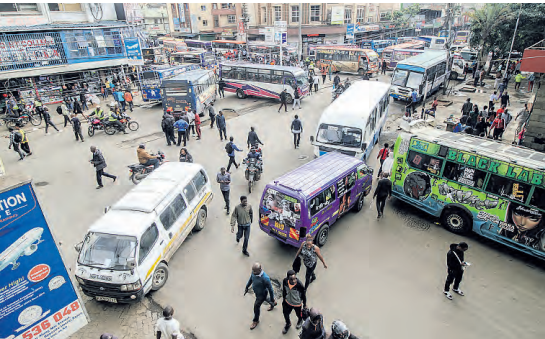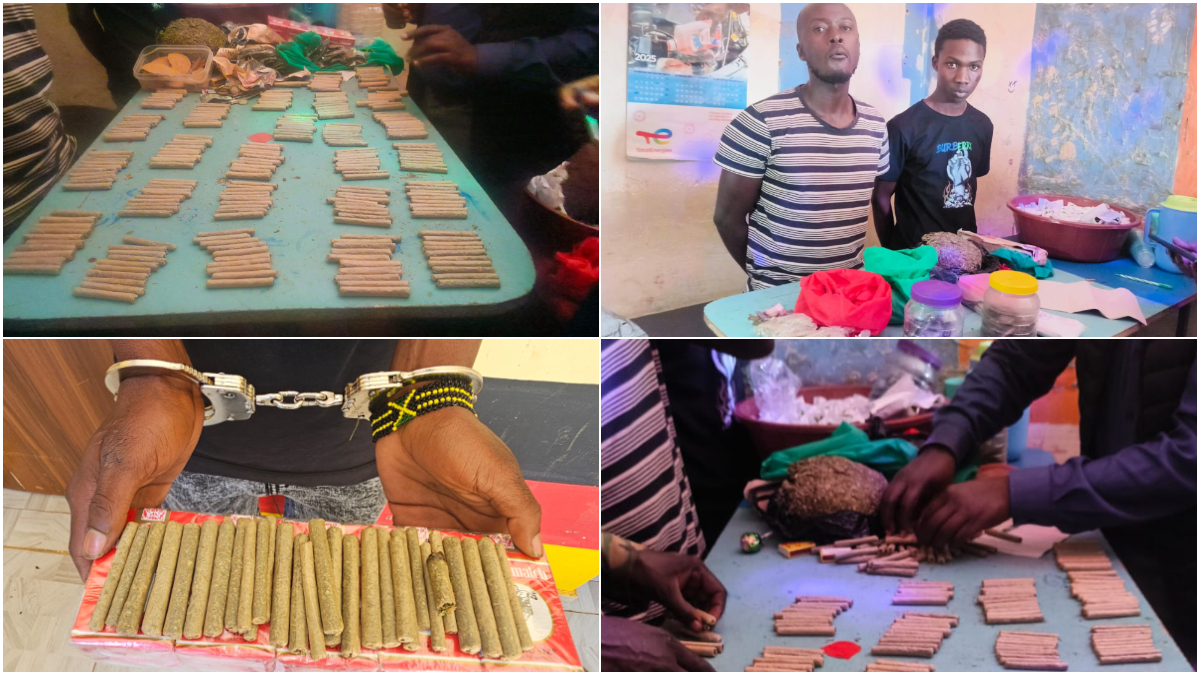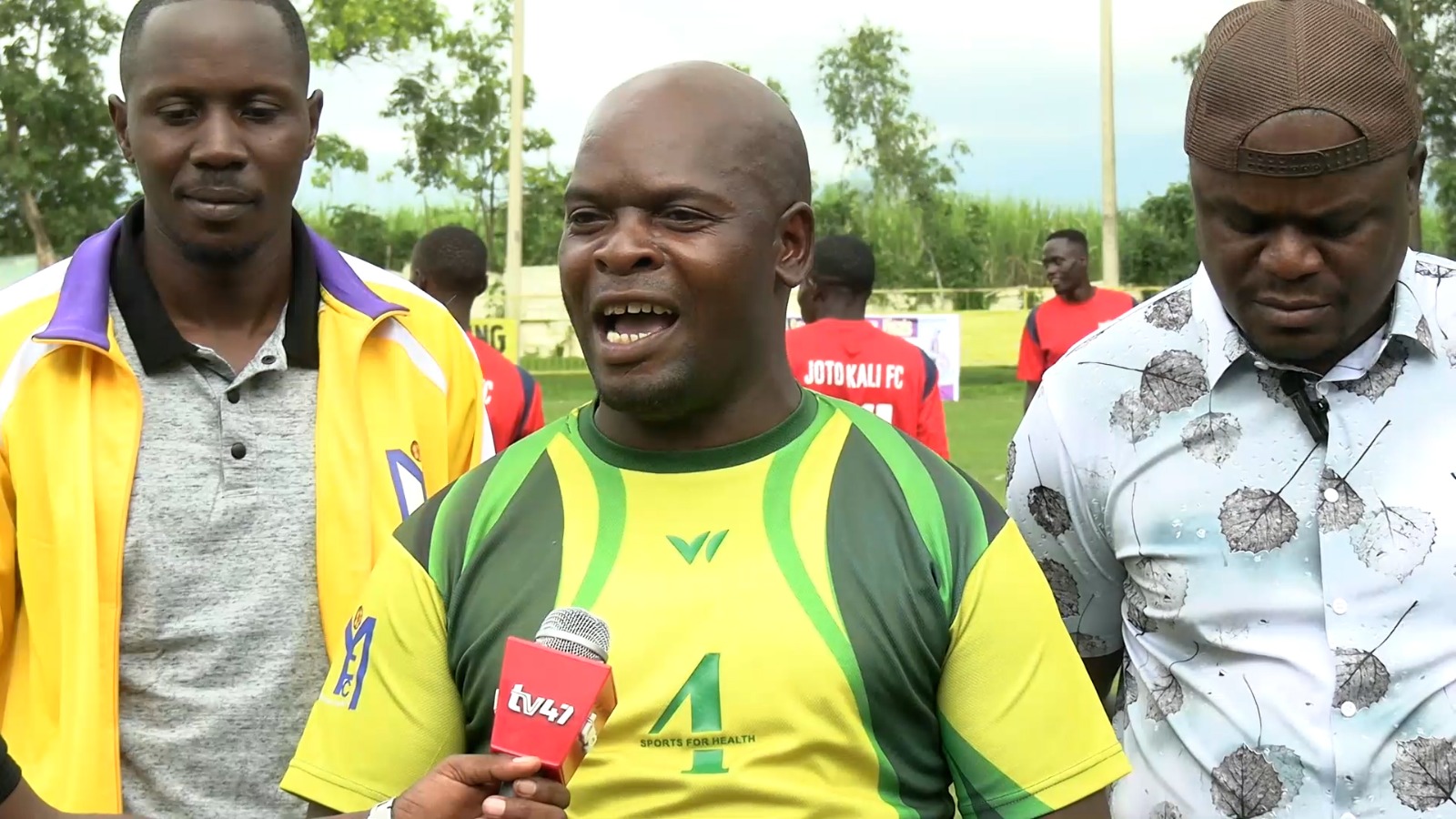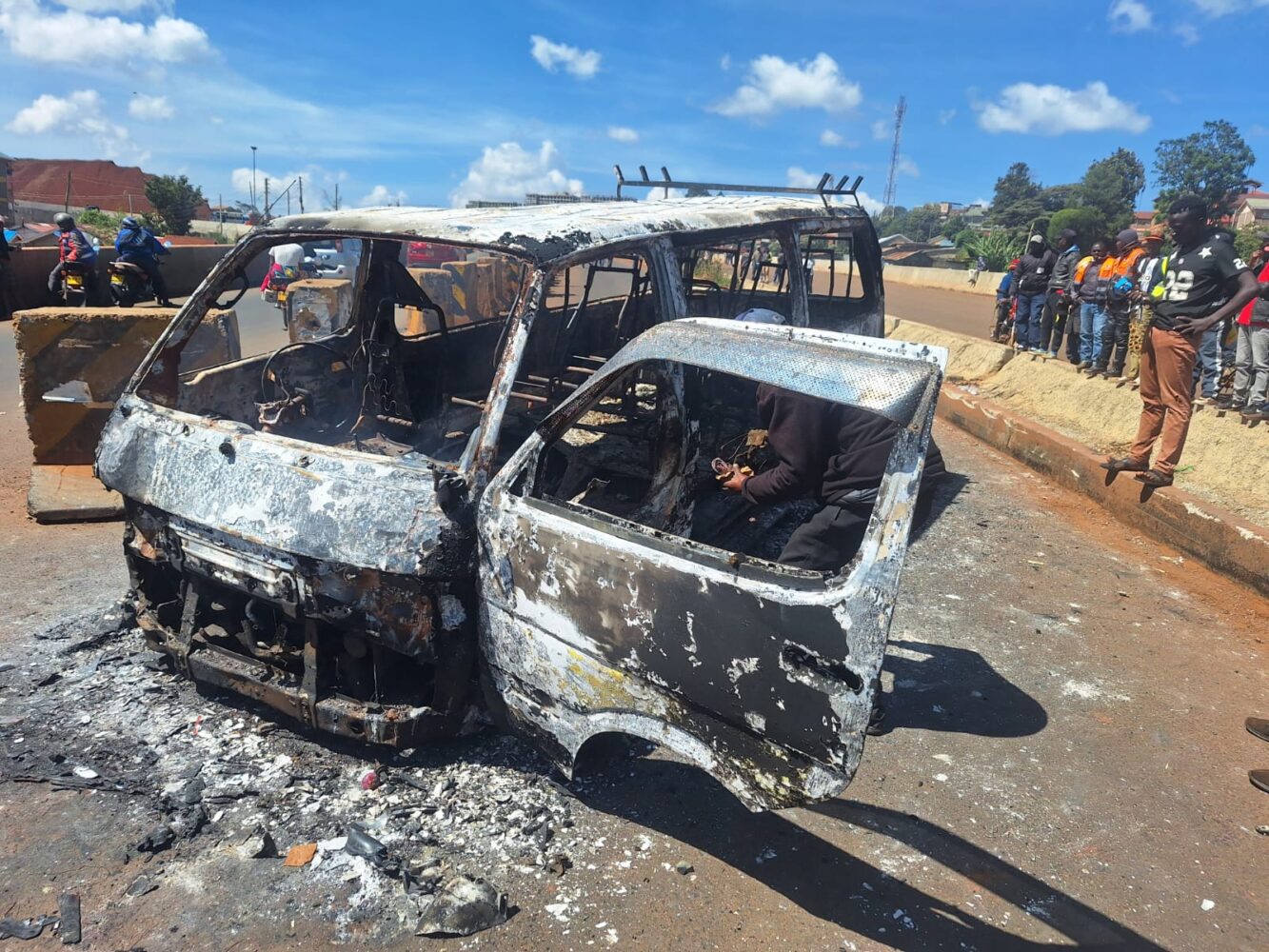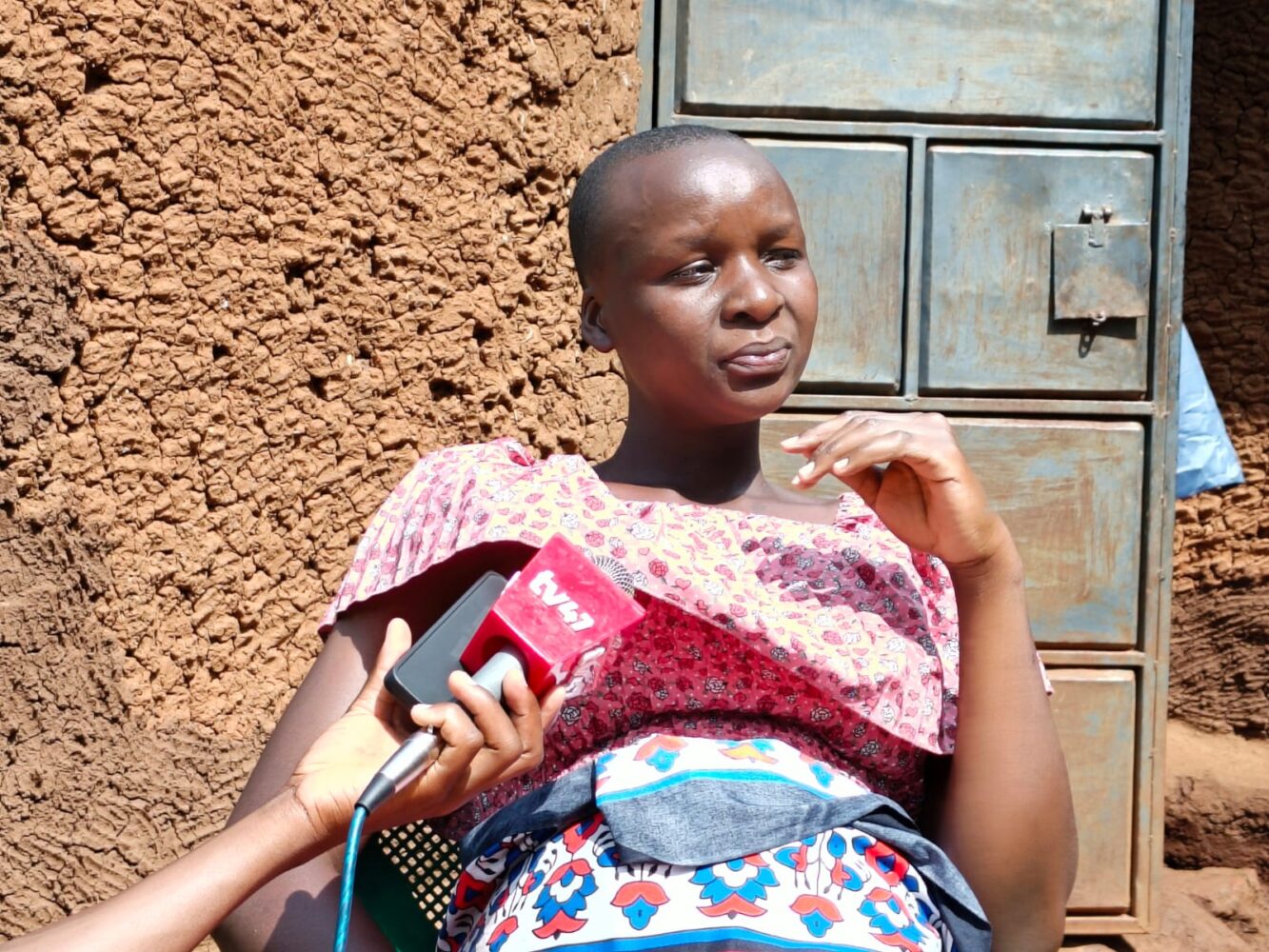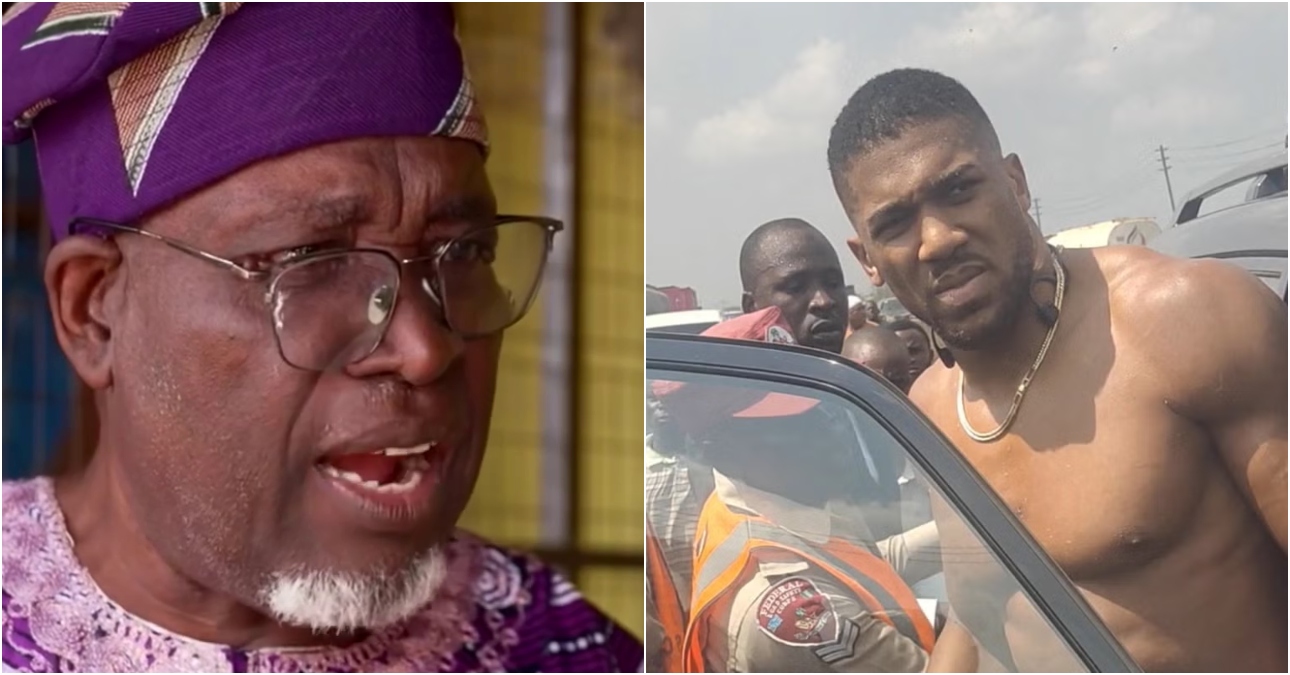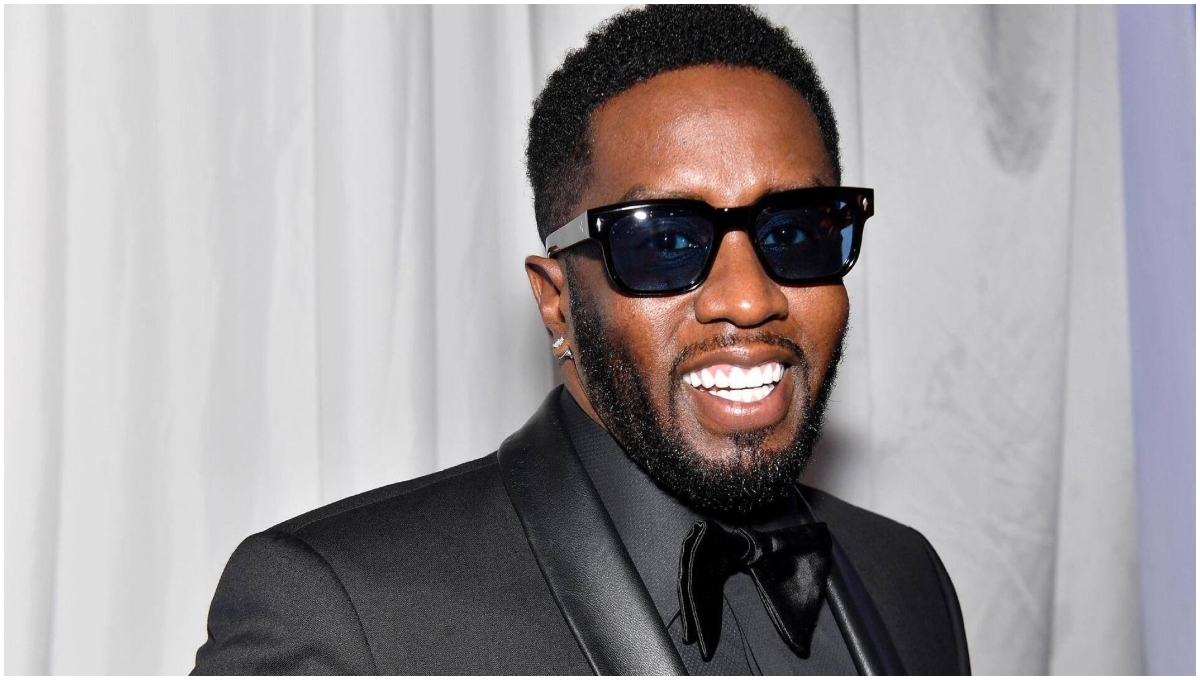Nairobi’s Central Business District (CBD) is a bustling hub where people from all walks of life converge daily.
Among them, women navigate the streets, juggling errands, work, and social life. But, as Bridget Kimathi, a third-year student at Daystar University, discovered, the CBD can also be a dangerous place.
One afternoon, Bridget was walking from Afya Centre towards the national archives when a man grabbed her around the chest and vanished into the crowd.
Stunned, she stood frozen, too late to act. It’s an experience far too common for many women. Bridget wasn’t the first, and certainly won’t be the last.
When asked about her feelings after the incident, Bridget’s actions spoke louder than words. It’s a reality that many women face: unwanted harassment, public insults, and violations of personal space.
But beyond the immediate trauma, the broader implications on women’s safety and dignity are far-reaching.
Conversations with women around Nairobi reveal a shared desire for a society that respects them.
They want to walk the streets without fear, dress how they choose, and live free from the restrictions imposed by outdated societal norms.
Above all, women seek respect—for their bodies, their voices, and their choices. Yet, the persistence of stereotypes that limit women’s roles continue to hold society back.
At the heart of this struggle is the need for safety. Sexual harassment is a pervasive issue, and it’s not just an isolated problem—it’s a global epidemic.
As incidents like Bridget’s continue to occur, the question arises: when are we doing to stop it?
For women, the path to change begins with awareness and accountability. Everyone, from individuals to authorities, must ensure that harassers are held accountable.
But women must also play a central role in demanding change, speaking up, and driving the conversation forward.
In this 21st century, parents must instill in their daughters the importance of being comfortable in their own skin.
Women must embrace their uniqueness; no matter what society says. Remember, you are enough, and no one has the right to define your worth.
Change is possible, but it starts with us.
Written by Stephanie Mukandairo



